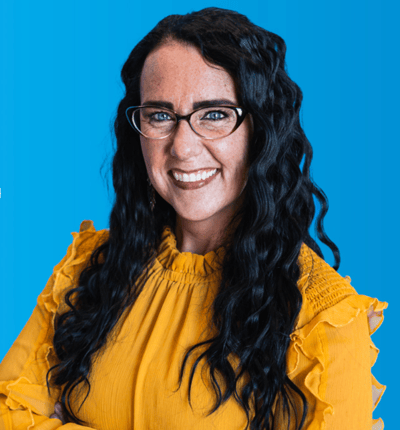Avoiding substance abuse is one of the pillars of Lifestyle Medicine and is an important part of maintaining optimal health. This week is National Prevention Week (May 7th-13th, 2023), which is designated by the Substance Abuse and Mental Health Services Administration (SAMHSA) of the U.S. Department of Health & Human Services to raise awareness, collaborate with organizations and share resources to promote safe and healthy communities with the prevention of substance abuse. For this article, we connected with Joanna Meley, APRN, FNP-C of Impact Family Wellness and Dr. Elise Kuykendall of Primary Health Partners who have experience treating patients with substance abuse problems and mental health challenges.
There is an inextricable link between mental health problems and substance abuse. Joanna Meley, APRN, FNP-C states that “Individuals with mental health issues may turn to drugs or alcohol to self-medicate and help cope with their symptoms, especially if their condition has been undiagnosed or not addressed.” Misusing substances may provide temporary relief from symptoms connected to undiagnosed or untreated mental health conditions, but have detrimental effects including chronic diseases and death.
According to the CDC, cigarette smoking is the leading cause of preventable death and results in over 400,000 deaths per year in the U.S. The CDC estimates that over 140,000 people die each year in the U.S. due to excessive consumption of alcohol. These alcohol-related deaths are mostly attributed to chronic disease, which include liver disease, different types of cancer and heart disease. On average, smokers die 10 years younger than non-smokers and people who die from excessive drinking live 26 years less on average than people who don’t consume alcohol excessively.

Alcohol and tobacco are the leading substances abused by Americans followed by marijuana and opioids cited by SAMHSA. There is a fine line between overindulgence and abuse and it can be difficult for someone to objectively tell the difference. One way to decipher between overindulgence and abuse is noticing an infrequent lack of control versus a consistent loss of control in consuming the substance. Joanna suggests that clinicians refer to screening tools such as the CAGE questionnaire to evaluate patients. Having worked at a recovery center for several years, Joanna witnessed loved ones stepping in to provide the objectivity needed, even in the form of multiple interventions being successful in getting someone on the path to recovery.
Dr. Elise Kuykendall states that it is essential to closely monitor the stress levels of someone who has recently recovered from addiction because poor stress management can lead to relapses and impede successful, permanent recovery. Due to the increased time with patients and higher level of care and touchpoints, Direct Primary Care clinicians can better address the needs of patients in recovery by supporting them with navigating healthy diet, exercise, supplements, and appropriately managing any mood disorders to avoid relapse.
When it comes to the prevention of substance abuse, which is what this pillar is all about, Elise Kuykendall, DO advocates for people “to maintain a well-balanced life by focusing on physical, mental, emotional, and spiritual health” as well as having healthy relationships. Additionally, Joanna Meley, APRN, FNP-C advises people to avoid exposure particularly “If you have a strong genetic predisposition to substance abuse or have more of an “addictive personality,” avoiding addictive substances is a must. By having a deeper relationship with patients Direct Primary Care clinicians can promote patients’ prevention of misusing substances and offer guidance towards healthy coping skills for stress and mental health challenges. SAMHSA has dedicated resources on evidence-based prevention practices for clinicians.
This article completes our series on the Six Pillars of Lifestyle Medicine.

Joanna Meley, APRN, FNP-C has over 12 years of experience as a nurse practitioner in Family Medicine, Pediatrics, Women’s Health, Substance Abuse and Urgent Care and has dedicated her career to providing convenient, holistic healthcare to patients of all ages with direct primary care.

Elise Kuykendall, DO takes a compassionate and preventative approach for her patients of all ages, embracing all their healthcare needs with the direct care model.

